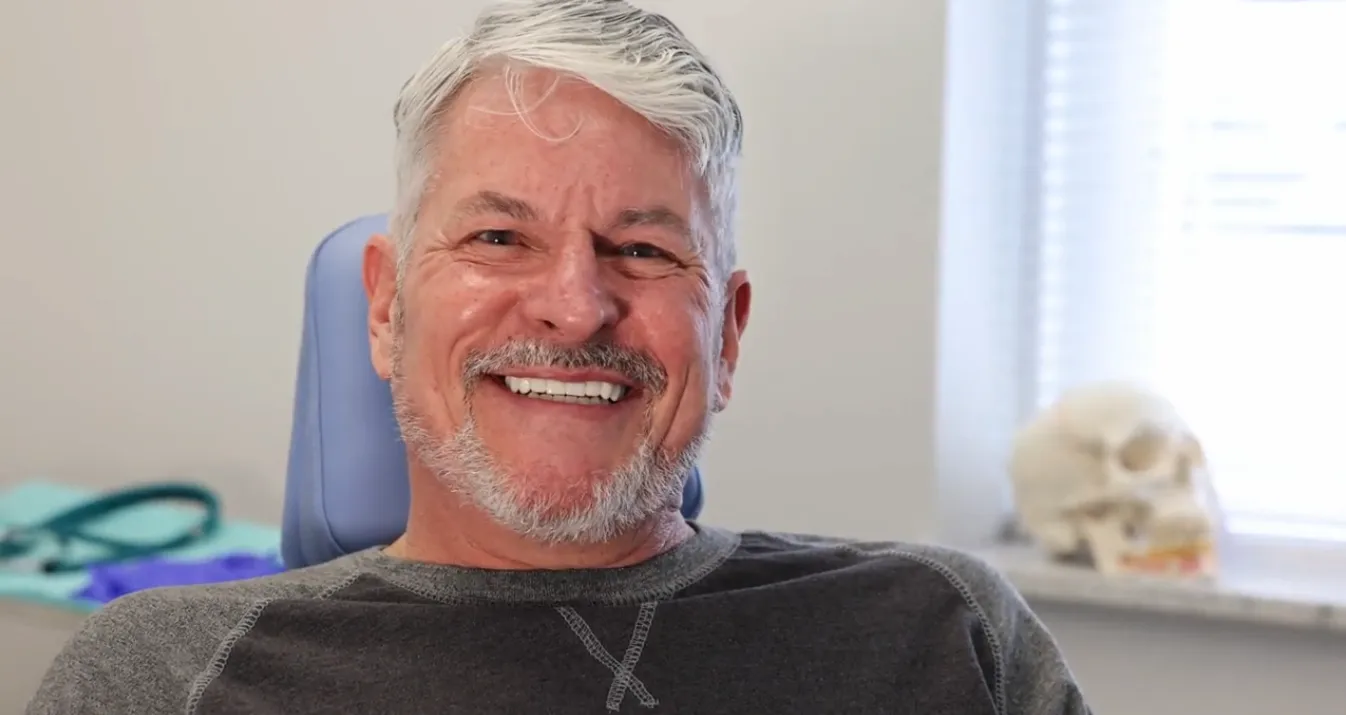Dental health is vital for your overall well-being. If you’re dealing with missing teeth, you know it can make eating and speaking difficult and impact your self-confidence. One effective solution for missing teeth is dental implants. Multiple teeth implants might be the right option if you have several missing teeth.
Multiple teeth implants aren’t just a temporary fix; they’re a reliable and durable solution to replacing missing teeth. They’re designed to restore not just the function but also the appearance of your natural teeth, giving you a smile that’s built to last.
Key Takeaways
- Multiple teeth implants replace two or more missing teeth using implant-supported bridges or individual implants, offering greater stability and durability than traditional bridges or dentures.
- Implants stimulate the jawbone, preventing the bone loss and facial collapse that can occur with missing teeth or removable dentures.
- You can eat, speak, and smile confidently—implants function like natural teeth and won’t slip or cause discomfort.
- Whether you’re missing teeth in one area or several, treatment is personalized—options include implant-supported bridges or implant-retained dentures.
- Unlike traditional bridges, implants don’t require grinding down healthy teeth, which helps protect and preserve your natural smile.
What Are Multiple Teeth Implants?
Multiple teeth implants are dental implants designed to replace several missing teeth. Unlike single-tooth implants, which replace one tooth at a time, multiple-teeth implants can support multiple teeth at once. This makes them an effective option for people who have lost several teeth in one area of their mouth.
Here are some examples of the different types of multiple teeth implants we offer here at NuSet Dental Implant Centre:
- Full Mouth Dental Implants
- All-on-4 Dental Implants
- All-on-5 Dental Implants
- All-on-6 Dental Implants
- All-on-8 Dental Implants
- And more! Schedule a free consultation with us today and discover which multiple teeth implant solution is right for you.
Multiple teeth implants help improve your ability to eat and speak by providing strong support for replacement teeth. They also help maintain the shape of your face and prevent bone loss in the jaw.
Advantages of Multiple Teeth Implants
Multiple teeth implants offer several benefits, making them a popular choice for replacing missing teeth. Here are some of the key advantages:
- They help improve appearance and self-confidence.
- They have better functionality compared to traditional dentures.
- Multiple teeth implants provide comfort and convenience.
- They help preserve the health of the jawbone and facial structure.
- Multiple teeth implants are durable and cost-effective.
The Procedure for Multiple Teeth Implants
Getting multiple teeth implants involves several steps. Here is an overview of the procedure at NuSet:
Initial consultation and assessment
We will start with an initial consultation to assess your oral health. Then, to plan the procedure, we will take X-rays and impressions of your teeth and gums.
Treatment planning and customization
Based on the assessment, we will create a customized treatment plan. This plan will outline the number of implants needed and their exact placement. Your dentist will also discuss the timeline and what to expect during the procedure.
Surgical placement of implants
During the surgery, the dental surgeon will place the implants into your jawbone. The number of implants needed will depend on the missing teeth and the type of restoration used (such as a bridge or denture).
Healing period and osseointegration
After the implants are placed, there is a healing period where the implants fuse with the jawbone. This process is called osseointegration and usually takes 3-8 months. During this time, the implants become a stable base for your new teeth. Your specialist will place temporary restorations so you can walk out with a new smile.
Attachment of new teeth
Our NuSet Dental surgeon will attach the new teeth once the implants fully integrate with the jawbone. Initially, this can be a temporary set, followed by permanent teeth. The new teeth are custom-made to match your natural teeth’ color, shape, and size, ensuring a natural look and feel.
Recovery and Aftercare
Proper recovery and aftercare are crucial for the success of multiple teeth implants.
After the implant surgery, follow your dentist’s care instructions closely. This may include using ice packs to reduce swelling, taking prescribed medications to manage pain and prevent infection, and avoiding strenuous activities for a few days.
During the initial healing period, stick to a soft diet to avoid putting pressure on the implants. Good options include soups, yogurt, mashed potatoes, and smoothies. Avoid hard, crunchy, or sticky foods that could disrupt the healing process.
It is also important to maintain good oral hygiene, which is essential for the success of your implants.
Gently brush your teeth twice a day with a soft-bristled toothbrush. Use an antimicrobial mouthwash to keep your mouth clean and reduce the risk of infection. Avoid using a water flosser or vigorous rinsing that could disturb the surgical site.
Attend all follow-up appointments with your NuSet Dental surgeon to monitor the healing process and ensure the implants integrate properly with your jawbone.
During these visits, we will check for any signs of complications and ensure the implants are stable before attaching your new set of teeth.

Are You Ready for a New Smile?
Multiple teeth implants offer a reliable and long-lasting solution for replacing missing teeth. They improve your appearance, restore functionality, and enhance oral health.
If you are considering multiple teeth implants, come to NuSet Dental Implants and Oral Surgery. Our skilled dentists ensure the surgery is performed with precision and care, minimizing any risk of complications or infections. We are committed to providing you with the best possible outcome, giving you a confident and healthy smile.
Trust our expertise and experience at NuSet to help you achieve your desired smile. Schedule your consultation today and take the first step toward a new smile!
Frequently Asked Questions
How many teeth can be implanted at once?
Depending on your oral health and jawbone condition, you can have multiple teeth implanted at once. We will evaluate your specific situation to determine the best approach.
Can you do multiple dental implants at once?
Yes, multiple dental implants can be placed in a single procedure. This approach can save time and reduce the number of surgeries you need, making the process more efficient and convenient.
Is it cheaper to get multiple teeth implants?
While the initial cost of multiple tooth implants can be higher than that of other tooth replacement options, they can be more cost-effective in the long run. Implants are durable and often a lifetime, reducing the need for frequent replacements and repairs.
How many implants do you need for three teeth?
Typically, two implants can support a three-tooth bridge. The exact number of implants needed will depend on your specific dental situation and your dentist’s recommendation. They will consider factors such as bone density and the location of the missing teeth.





